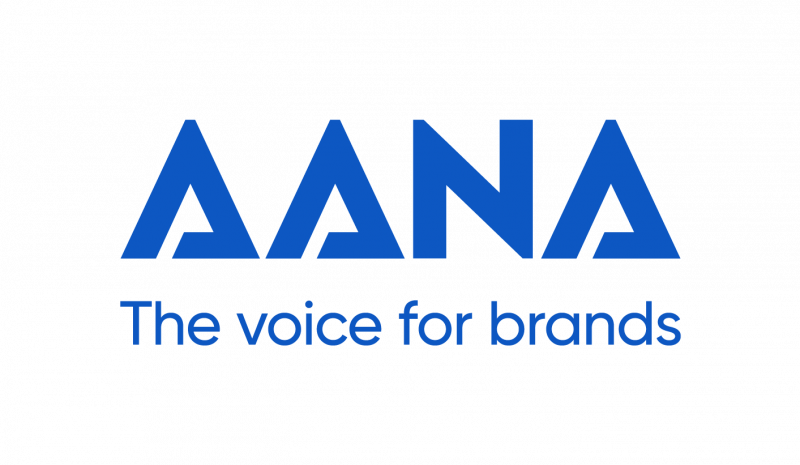AANA Code of Ethics updates targeting sexism and stereotypes launch today
The updates to the Australian Association of National Advertisers (AANA) Code of Ethics and Practice note come into effect today, with the industry facing stricter regulations around the depiction of harmful gender stereotypes, body parts not relevant to products being advertised, and overtly sexual images.
The changes were revealed in September last year following a year-long review. The AANA received 160 submissions from members of the public on what they thought was acceptable to appear in advertising, which, together with research from Ipsos, found that Australians were largely concerned with the sexual appeal, nudity and violence in advertising which reinforced negative gender stereotyping.

The updated Code comes into effect today
The updated code of ethics, which is the the advertising industry’s self-regulatory code enforced by Ad Standards, will introduce into the objectives of the Code an obligation to avoid harm to consumers and society.

